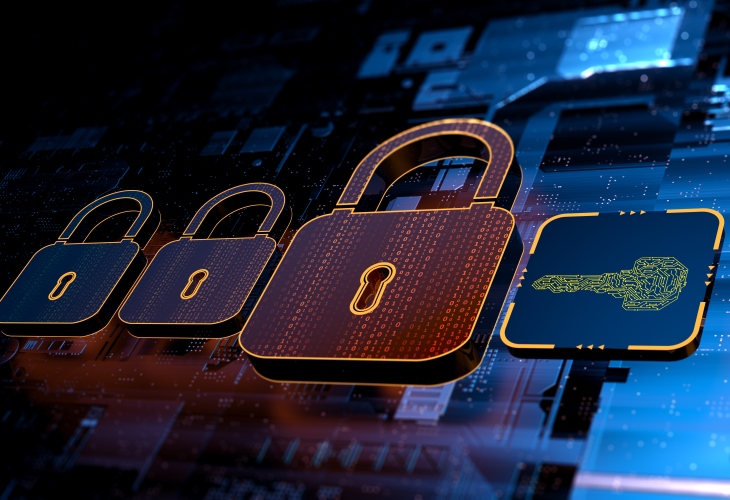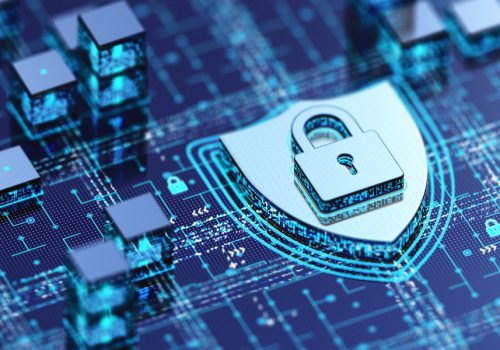Hacking is a very powerful skill that continually advances and gains popularity. Cyberattacks are among an organization’s most feared threats. One of the best forms of tackling this threat is hiring an ethical hacker to perform a penetration test and look for vulnerabilities using the methods of a hacker. The ethical hacker’s report allows organizations to upgrade their systems and take preventive measures to avoid incidents. In many ways, an ethical hacker is similar to a secret shopper who goes into stores in the dark to look for flaws and provide suggestions for changes. Secret shoppers may also report shoplifting events to assess a store’s security.
Likewise, ethical hackers — who use similar methods as cybercriminals — can help organizations find flaws, strengthen their networks, and improve their techniques.

A rushed digital transformation era and ethical hacking
Digital transformation accelerated drastically with the outbreak of the Covid-19 pandemic. Lockdowns have forced many organizations to switch to working remotely, with many of them going remote permanently. Yet, working remotely has one key challenge: home offices are not as secure as office sites. This created more opportunities for hackers to compromise organizational devices and networks. Organizations worldwide have increased their budget and resources to protect their systems and information from hackers. Most nations have powerful security laws and cybersecurity departments working inseparably with local law regulatory authorities to catch cybercriminals. To increase the awareness about security in the digital workspace, Cyber Security Awareness Month is organized in October by a community-led effort between governments and industries to uncover issues related to the importance of cyber security on the Internet.
The increase in cyber-attacks has led more organizations to recognize the need for new and more creative ways of addressing hacking problems. This gave birth to ethical hacking (also known as white hat hacking), an important and handsomely rewarding position. Ethical hackers try to gain access to an organization’s most sensitive information and systems. They report to the organization of their weak points and provide suggestions for improvement. To do so, they must be very professional and adequately qualified.
Organizations should be able to analyze and prioritize their systems and information in terms of their importance and likeliness to be attacked and compromised in case of hacks. This is essential in order to maximize the benefits of their cooperation with an ethical hacker.
Unlikely heroes
Ethical hackers have become the unlikely heroes in the fight against cybercrime. They find and neutralize risks and weaknesses before they are undermined exploited by people with malicious intent. The difference between ethical and criminal hacking is that the first is conducted only with the consent of the target and for improvement purposes. Ethical hacking is very efficient because it uses the methodology of a hacker to discover vulnerabilities that may go unnoticed. Information is one of the most valuable elements of the digital world. Even the world’s largest and sophisticated organizations have fallen victim to cyberattacks. As more and more organizations move their business in the virtual world, the risk security breach is almost unavoidable. A data breach can cause damage reputation, customers trust, and future business opportunities. The sublime landscape in this way critically directs the demand for a true and comprehensive assessment of an association’s security practices.
Adopting a proactive security strategy can help organizations protect their data and capital. Ethical hackers offer an outsider and professional perspective on an organization’s weaknesses. Even organizations that employ an internal red team can occasionally hire an external ethical hacker to gain a new perspective on their defense systems.
Other benefits of hiring an ethical hacker include building customer trust by communicating the process to customers and demonstrating compliance with regulatory guidelines, including PCI and GDPR. Of course, even the work of the most talented ethical hacker is in vain if the organization fails to effectively respond to the detected problems.

What’s left?
According to a study by McKinsey & Company, digital transformation progressed by up to seven years ahead of schedule in 2020. Threat actors and cyber thieves, on the other hand, modified their strategies to take advantage of these shifts and the pandemic’s disruption, resulting in an increase in attacks across all industries.
As the world keeps going digital, conventional crime is also being replaced with cybercrime. In 2021, criminal hacking groups are allegedly using machine learning on the dark web and dark web forums, making their phishing operations more sophisticated.
Cybercriminals also receive compensation in cryptocurrency, which is harder to track and has become a business motive for many criminal companies since their introduction to ransomware. This, in turn, makes ransomware a more important tool in their exploit toolkits.
In this digital era, every organization should employ ethical hacking in its system to safeguard their online presence, because data breaches significantly harm any organization’s reputation, and can even be the cause to legal and regulatory fines.
Ethical hackers are pushed by law to highlight any security issues they identify during their tasks, as this is confidential information that might be exploited by criminals. Overall, the skills of an ethical hacker, combined with other great security measures like multi-factor authentication, access control, and data encryption, can significantly improve corporate defense systems.









